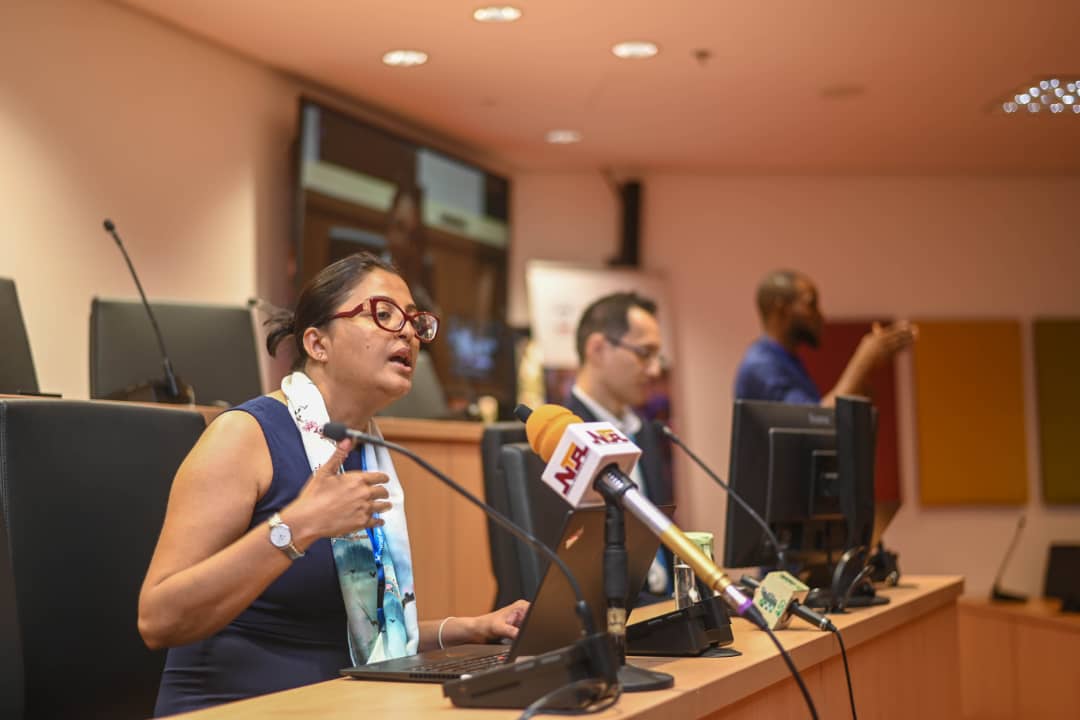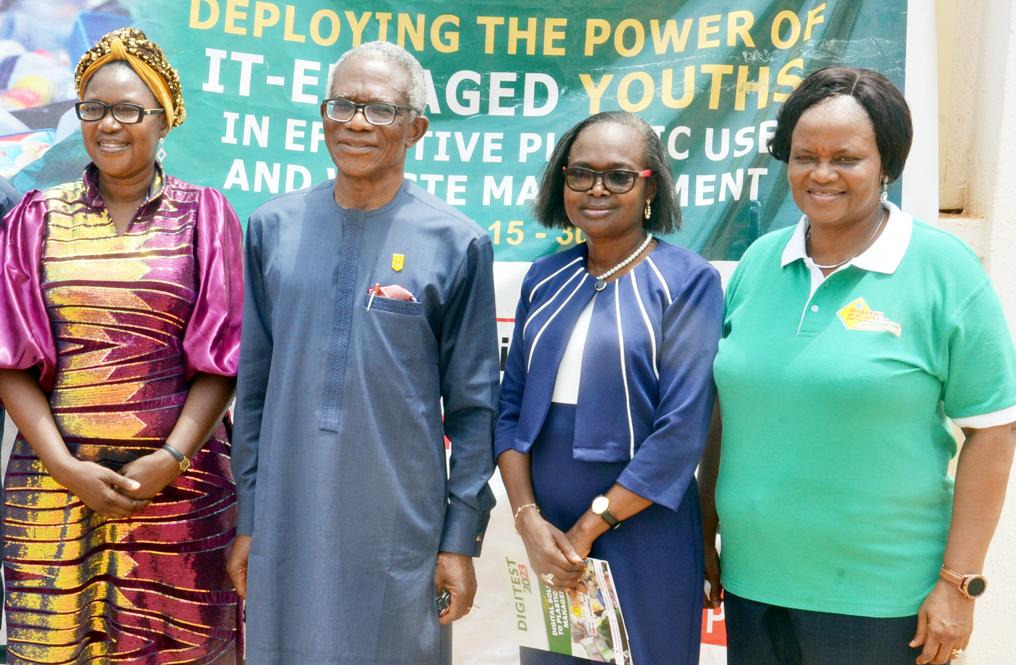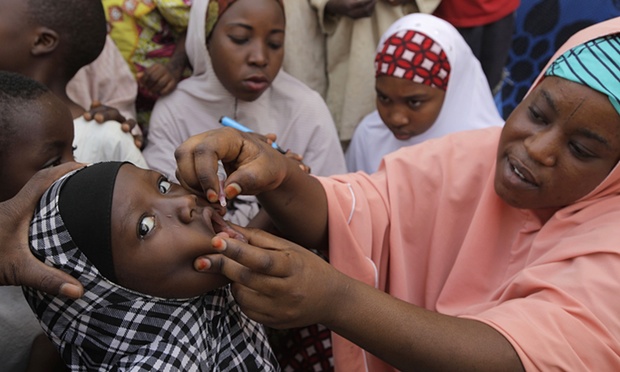Jochen Lucksheiter, director of Heinrich BÖLL Stiftung Foundation in Nigeria, says there is an increase in the use of toxic pesticides by farmers in the country.
Speaking during a two-day workshop on the use of highly hazardous pesticides, Lucksheiter said Nigeria needs to start producing healthy agrochemicals and crops.
He said many pesticides banned in places like Europe, Japan and the US are still being registered and legally sold in Nigeria.
“Based on the research that we have done on pesticides in Nigeria, we have found that what is particularly concerning about the high use of pesticides in the country is that many of the pesticides that are being used especially by small-scale farmers are those that are in the category of highly toxic pesticides,” he said.
Advertisement
“And these are often already being banned or without any more markets in countries with high environmental and public health standards such as the US, Europe and Japan — but are still being produced and still being exported to countries like Nigeria and still being registered and are being sold legally.
“We have the opinion that this should be changed. What is not good for the people of Europe can’t be good for the people of Africa or Nigerians.
“We believe that first of all, the most toxic pesticides that are readily available in the Nigerian market should be phased out and banned eventually and that pesticide use overall should be reduced; and to produce pesticides that are more healthy for people and environments and eventually, the consumer.”
Advertisement

‘More awareness on impact of harmful pesticides production’
On her part, Cynthia Anaele, executive director of Chen Education and Development (CEDE), said the level of toxic chemicals in the soil has progressively increased in the last few years.
Anele said there is no adequate legislation on the use of harmful agrochemicals for farming, adding that it has made it difficult to curb the adverse impact on food and the environment.
She raised concern over the knowledge gap and communication barrier among local farmers, adding that final consumers should be engaged in creating awareness.
Advertisement
“We have been having pesticides in agriculture but it has never been as toxic as it is right now,” Anaele said.
“This highly hazardous pesticide goes into the soil and it is very difficult for the soil to regain its natural nutrients and Nigerians are consuming the food.
“Nigerians are actually not aware. Before now, the awareness was between local farmers and the farm stakeholder but when you look at it, you will find out that the local farmers don’t understand what you are saying, they don’t even understand some of the pesticides being given to them.
“So we thought that it is better to take it to the final consumers who are Nigerians so they can generate this conversation, create awareness and push further.
Advertisement
“Not just only pushing to ban, but looking at how we can have alternatives or how we can mitigate some of the highly toxic pesticides that are pushed into Nigeria.”

‘All toxic agrochemicals should be banned’
Advertisement
Ikenna-Donald Ofoegbu, the project coordinator, said Nigerian crops are still being rejected when exported as a result of the high pesticide residue.
“More than half of the pesticides registered in Nigeria have been phased out or not allowed anymore in Europe. So that gives you somewhat of a picture of where Nigeria is at the moment,” he said.
Advertisement
“The percentage is highly hazardous pesticides is quite high in the country that are still registered and I think NAFDAC could be more ambitious and more aggressive in phasing out.”
Also speaking, Samuel Kwasari, a chief farmer at Yangoji Farms in Abuja, said small-scale farmers need to start considering new approaches to production.
Advertisement
“Farmers have become lazy; knowledge-wise, people have refused to learn new ways to solve our problems. So we take the easy way out. What is the easy way out? Go and get chemicals and kill the grasses and the pest,” Kwasari said.
The two-day study engagement was organised by HBS, CEDE and the Alliance for Action on Pesticides in Nigeria (AAPN).
Add a comment






